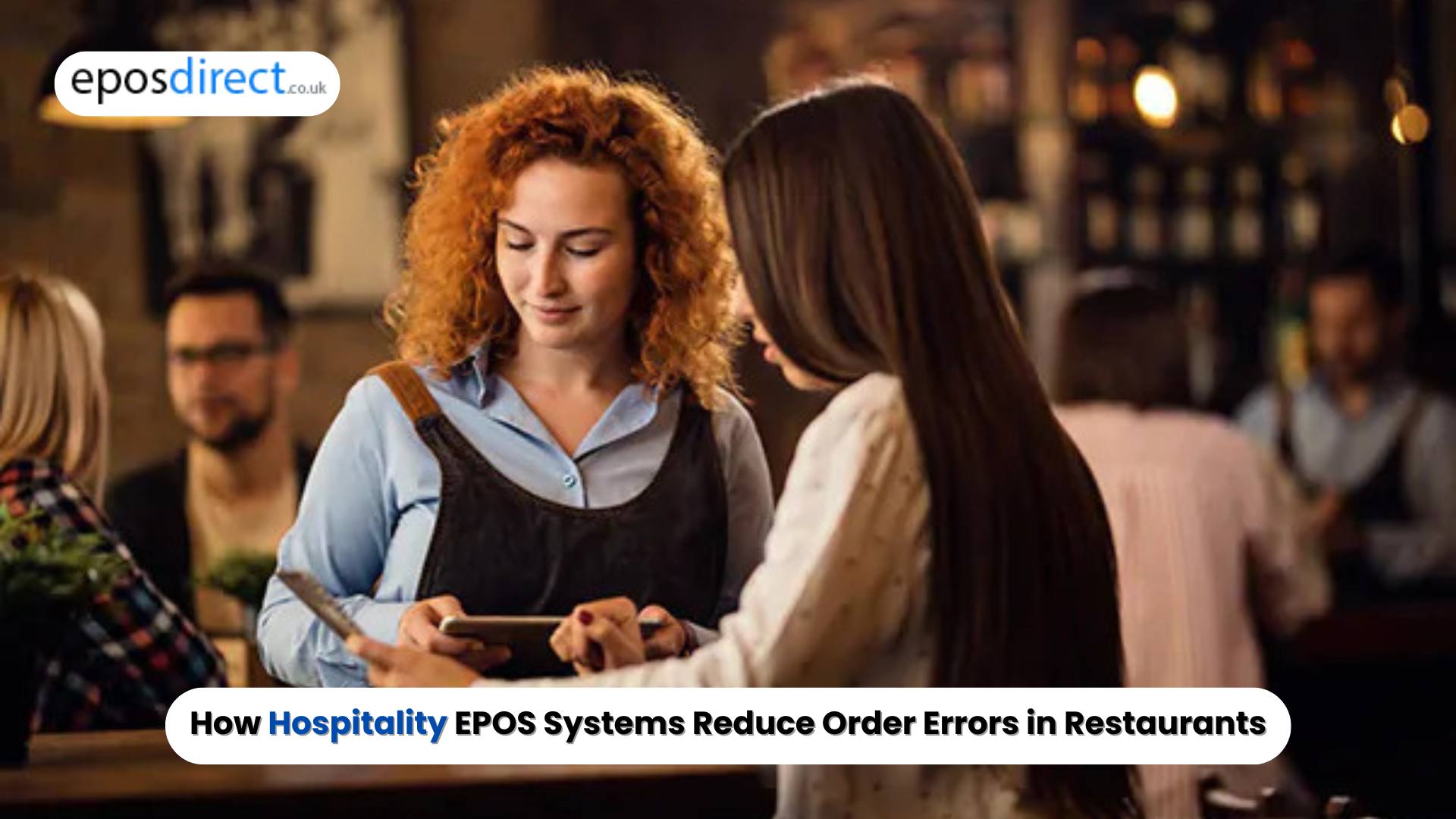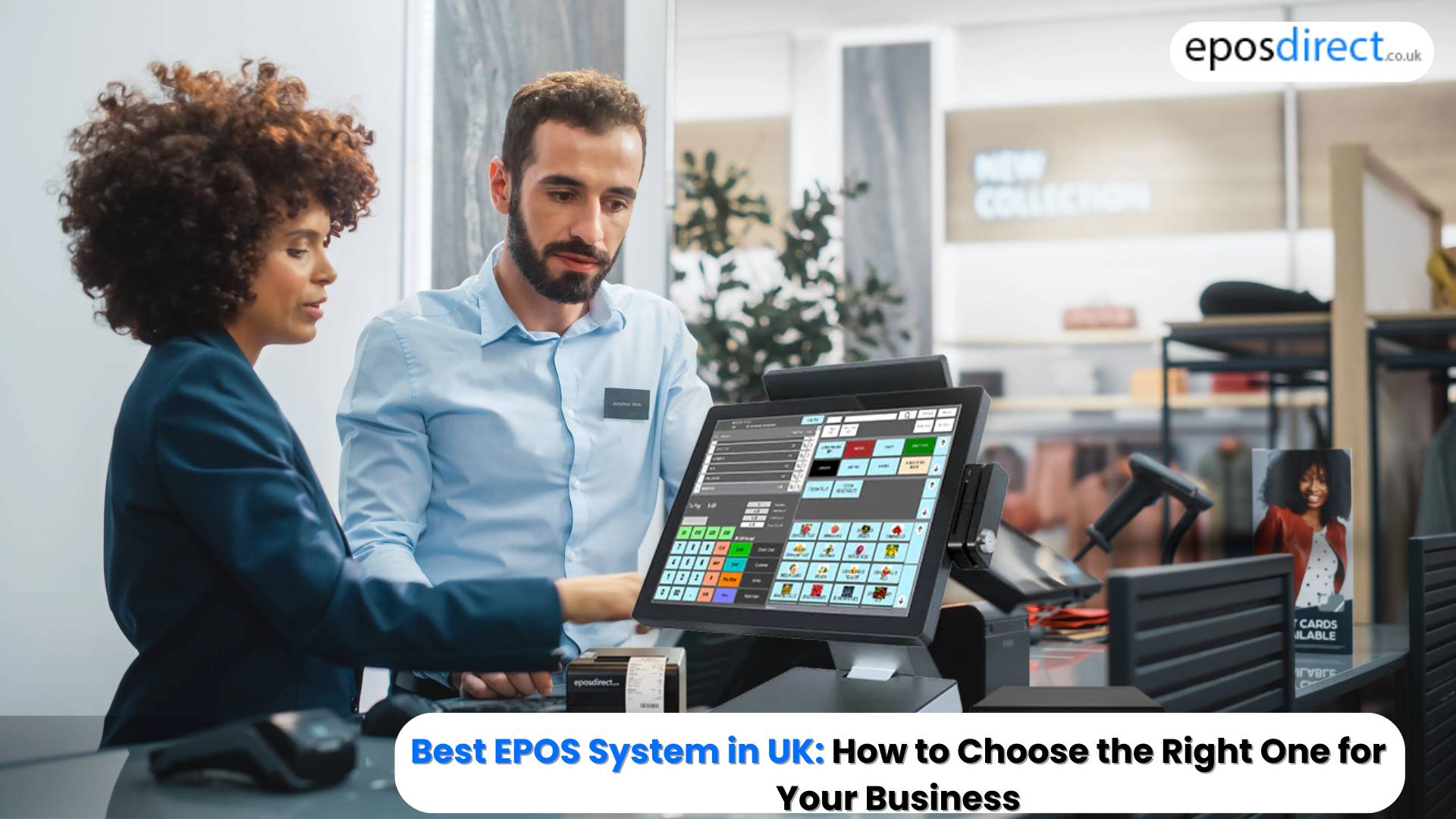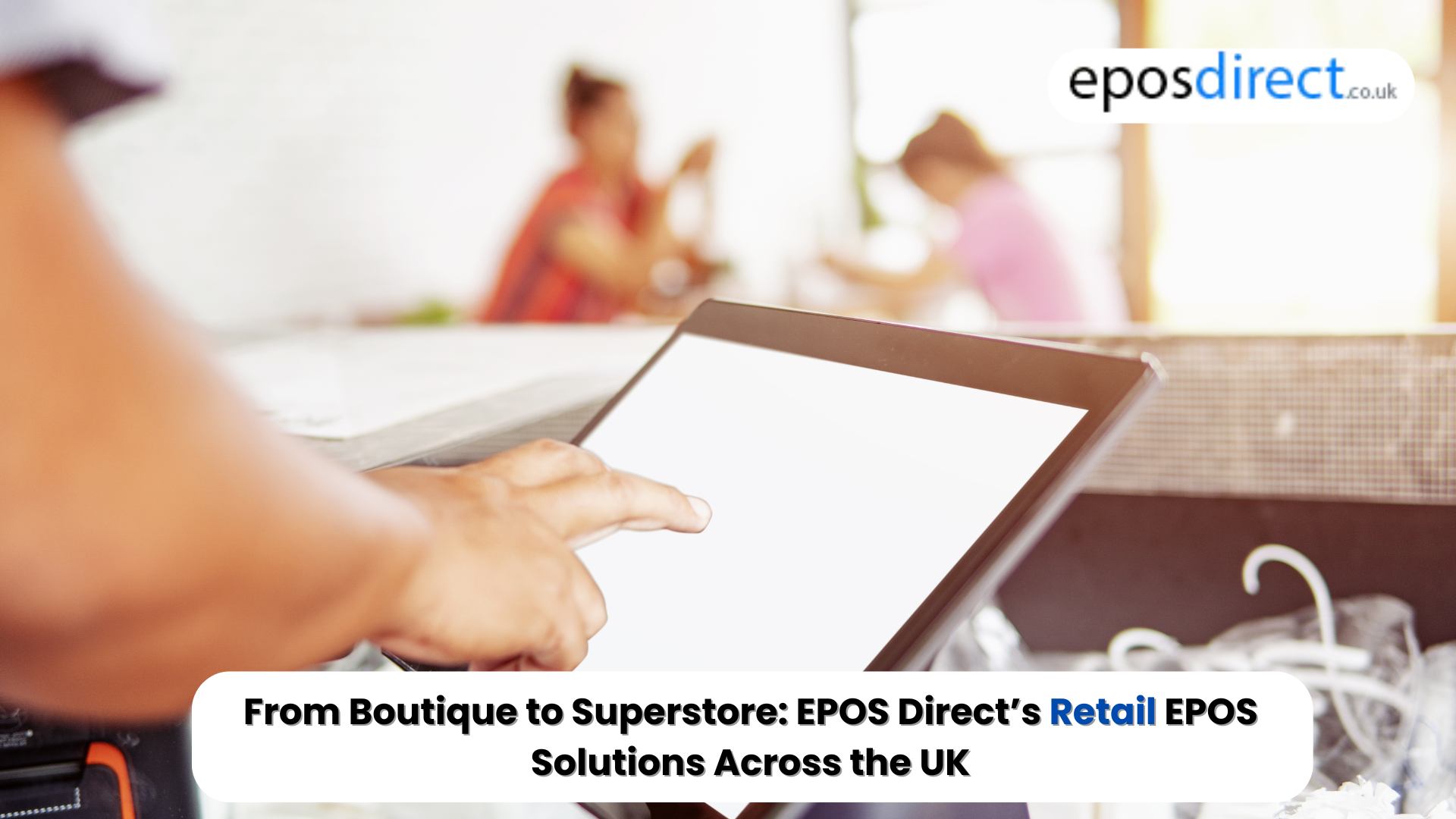We use cookies to make your experience better.
To comply with the new e-Privacy directive, you agree to the privacy policy and our use of cookies
Need of Integrating Your POS System With Ecommerce
Why Integrate Your Ecommerce and POS Systems?
Integrating your POS system with Ecommerce can be daunting because of costs or risk of business disruption. It is worth when you consider the impact it has on your operations and customer experience.
- 1) Data transfer between your POS to Ecommerce
- 2) Sales orders transfer from Ecommerce to POS
- 3) Decimating inventory levels once a product has been sold
- 4) Shipping information and tracking status from POS to Ecommerce channels
When these processes aren’t automated, mistakes happen like wrong entry of shipping addresses, overselling due to not updating of inventory, incomplete or incorrect product information or may be missing.
Manual processes take time. It can take time of whole teams hours to make sure all the data is transferred and accurate. This may take away time from something more important – your customers.
If you are not integrating Ecommerce with your POS systems, it’s really your customer experience that is at stake. They can’t see accurate product data, shipping times and wrong inventory levels.
Benefits of Ecommerce and POS Integration
- 1) Save time and reduce errors by eliminating manual entry of data
- 2) Maintain accurate inventory
- 3) Automatic notification for customers when orders have shipped
- 4) Customers are allowed to pick up online orders in store
- 5) Share data between online store and POS system
- 6) Allow to add more sales channels and handle the growth
Integrating your POS systems can make your business better. There are a few ways of integrating your POS and Ecommerce systems.
Researching POS Ecommerce Integration Solutions
Integration is not as easy as it takes two systems not built work together. Some systems are built for communicating to other system. The recent advancements in technology have given merchants more viable options. Different types of POS and Ecommerce integration solutions can be of these types.
Point-to-Point Connectors
In this type of integration your Ecommerce, whether a webstore or marketplace “points” at your POS to synchronize sales data. The connection is direct and there is no operational platform in the middle of your system. These solutions are common and affordable for smaller retailers.
Multichannel Management Platform
This is a cloud based type of solution and provides a platform that acts as an operational hub between the systems. Pre-built data connectors used to sync data between your systems. It runs in the background of your system but can be viewed to see audits of the data and create workflows. More configurability and flexibility is provided when you add or configure connections.
It is bit expensive but still affordable to retailers who need more robust capabilities.
Custom Integration
In this type of solution there is a possibility to build your own custom integration between your Ecommerce and POS systems, if you have the resources. It can be complex and expensive. If you have the right resources and specific requirements it can be justified building your own solution.
Depending on your budget and integration needs choose the solution that best works for you.







